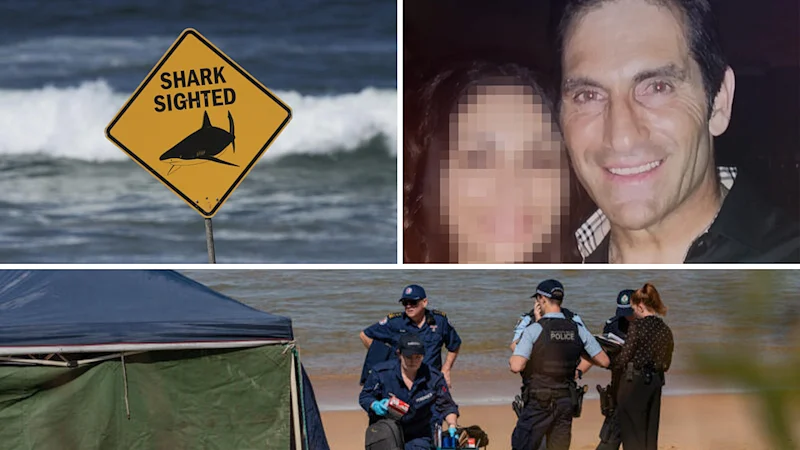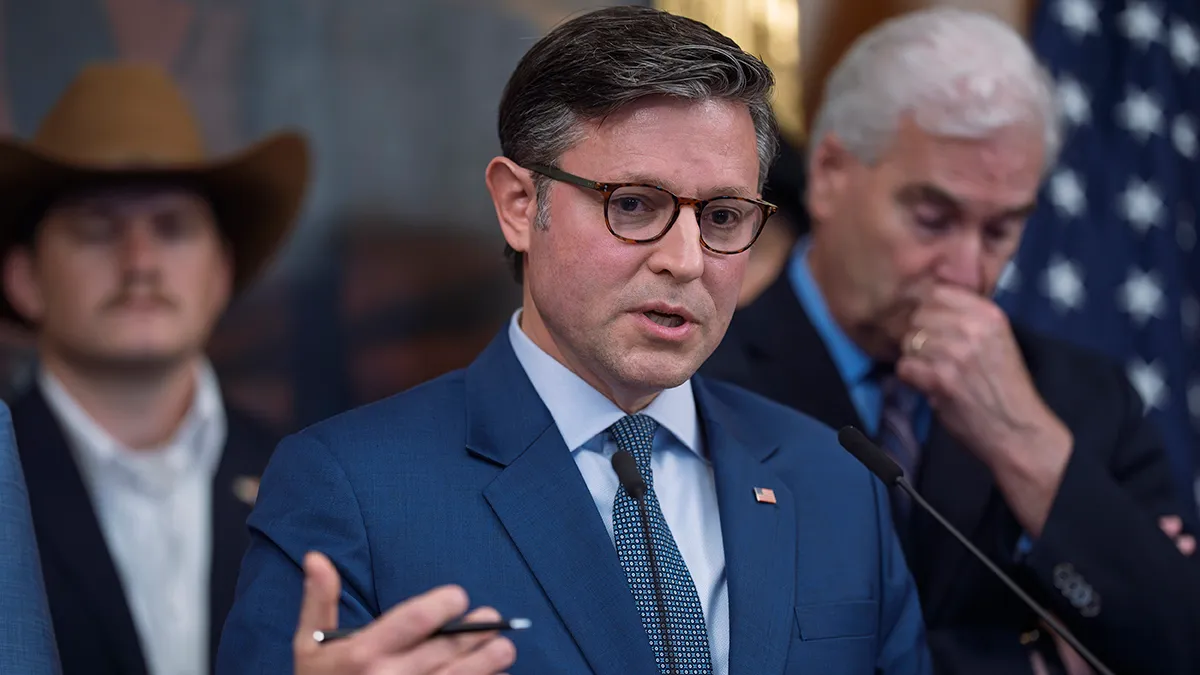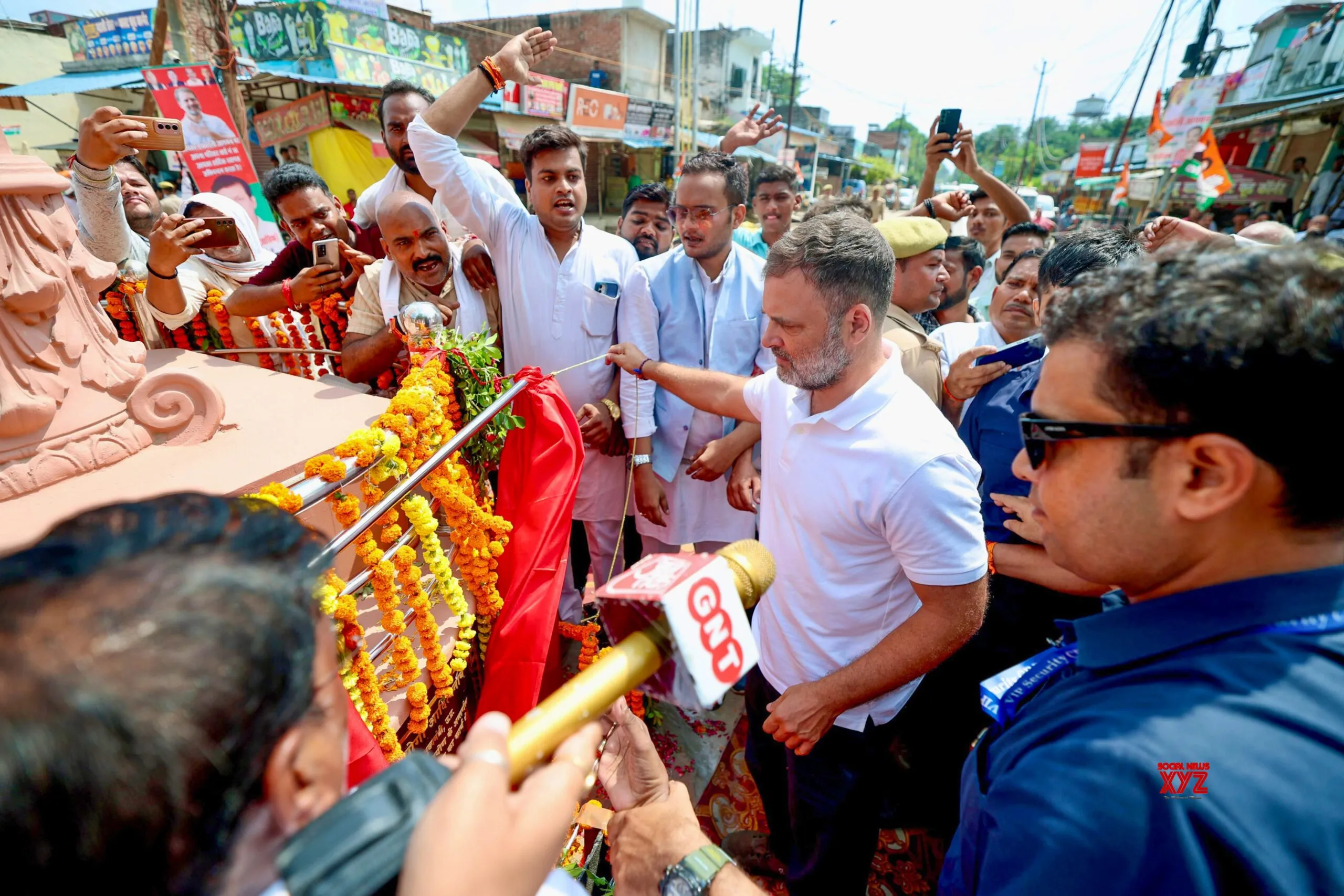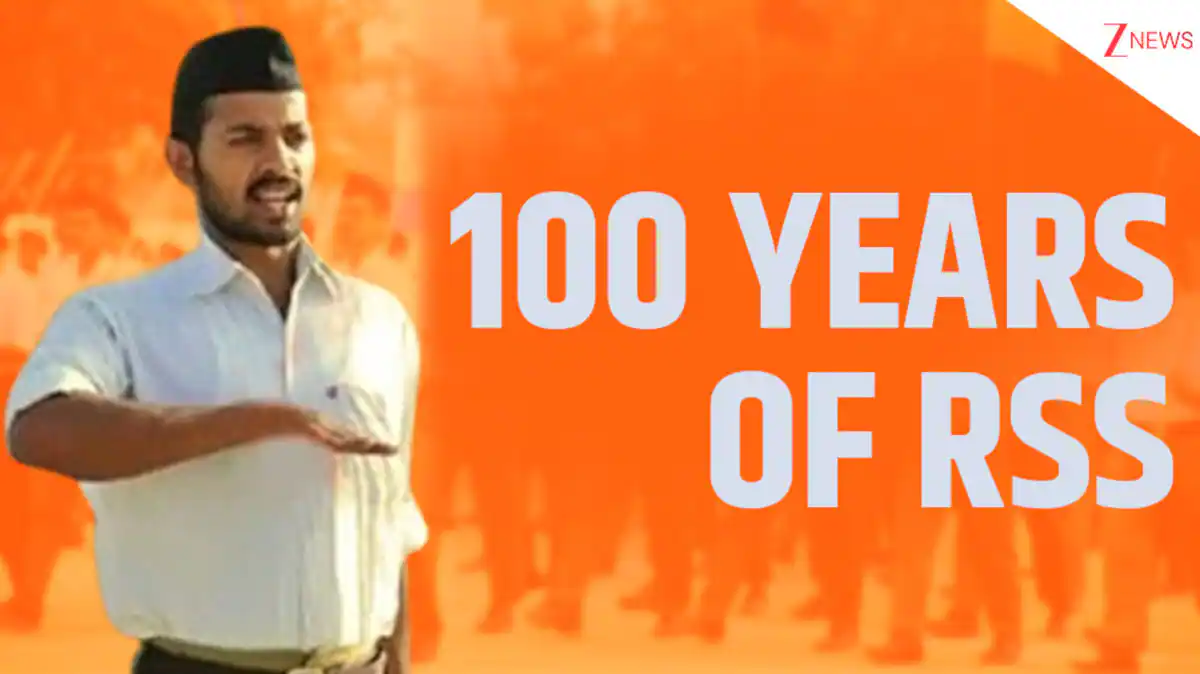By Aaratrika Bhaumik
Copyright thehindu
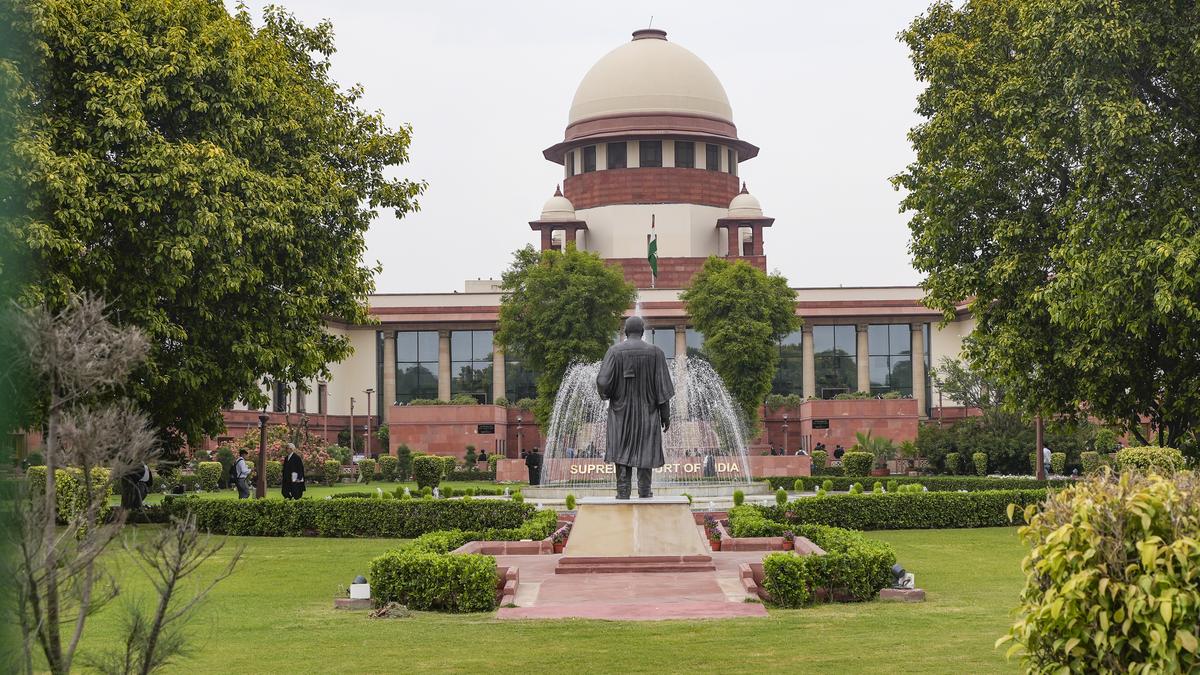
The Supreme Court on Friday (September 12, 2025) sought responses from the Union government and the Election Commission of India (ECI) on a plea seeking a statutory framework to regulate political parties and curb their alleged misuse as channels for black money and criminal enterprise.
A Bench of Justices Surya Kant and Joymalya Bagchi issued notice on the petition filed by advocate Ashwini Kumar Upadhyay, while suggesting that all registered political parties be arrayed as respondents since any eventual directions would directly affect them.
“…We will issue notice, but one problem may arise. You have not impleaded political parties. They will say that you are asking to regulate them and they aren’t here,” the Bench said.
Mr. Upadhyay has urged the court to direct the ECI to frame comprehensive rules for the registration and functioning of political parties, and for the Centre to enact legislation to curb the “menace of corruption, casteism, communalism, criminalisation, and money laundering in politics”.
‘Conversion of black money’
The petition, filed through advocate Ashwani Kumar Dubey, relies on recent income tax raids to underscore how little-known political outfits are allegedly being used as vehicles for laundering unaccounted wealth. “The injury to the citizens is large because around 90% of political parties are formed to convert black money into white. They never contest elections but collect thousands of crores in cash and refund it to the donor by cheque after deducting 20% commission. It is necessary to state that sometimes the Central Government also launches schemes to legalise black money but deducts 33%,” the petition contends.
The court was also informed of raids conducted on July 13 on the Indian Social Party and the Yuva Bharat Atma Nirbhar Dal, which reportedly unearthed unaccounted funds worth ₹500 crore. On August 12, 2025, a separate raid reportedly resulted in the recovery of ₹271 crore in unaccounted wealth from the residences of office-bearers of the National Sarva Samaj Party. Newspaper reports on these raids have been annexed to the petition.
The plea further seeks a direction to the Law Commission of India to study best practices followed in established democracies and to prepare a comprehensive report on the registration and regulation of political parties, in a bid to reduce corruption and criminalisation in politics.
It has also been contended that political parties, despite wielding significant power, are not treated as “public authorities” and remain outside any regulatory framework, unlike companies, cooperatives, or trusts. “There is no law to ensure internal democracy, transparent funding, or accountability,” states the plea. Currently, Section 29A of the Representation of the People Act (RPA) provides only for registration of parties, while Section 29C mandates disclosure of donations above ₹20,000.
“Despite holding decisive power in governance and law-making, political parties remain unaccountable. A robust legal framework is indispensable to preserve the integrity of Indian democracy,” the plea submits.
